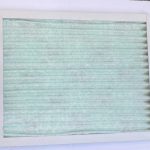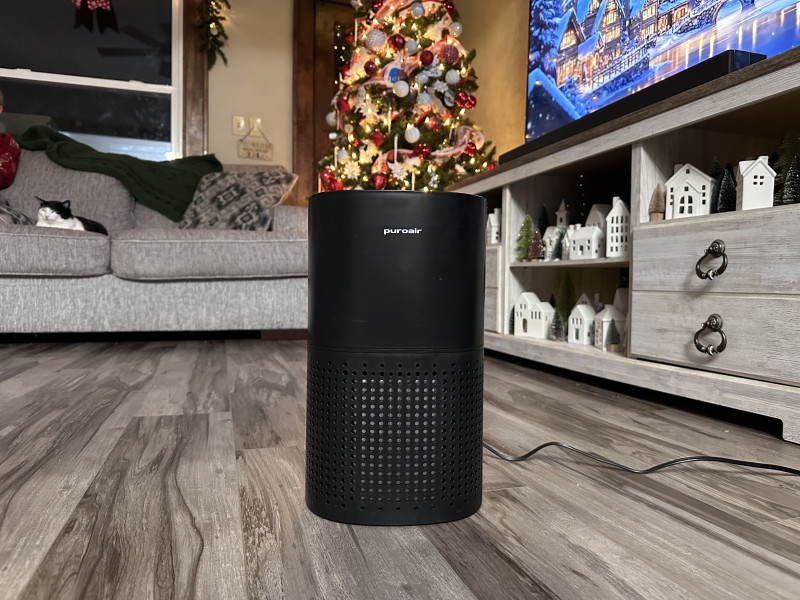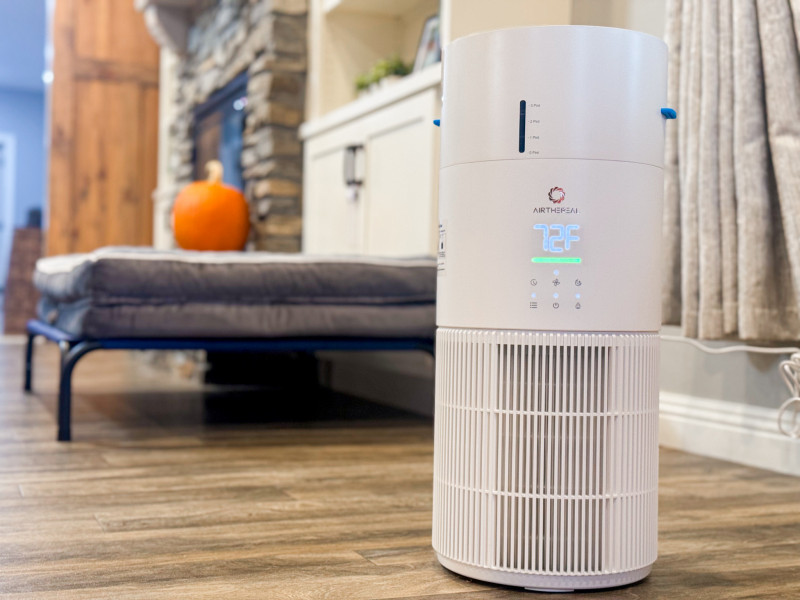This is a sponsored guest post.
What to Look for In AC Filters?

Air conditioning filters are vital in keeping your HVAC units operating at their best. These filters are designed to prevent harmful airborne particles from entering the system and keep indoor air clean. There is at least one air filter in every HVAC system. Since regular AC filter replacement is an integral part of HVAC maintenance, you need to choose wisely. Here is what you should look for in AC filters.
MERV Rating
Each AC filter has a MERV rating that indicates its ability to trap pollutants and contaminants in the air. MERV ratings range from 1 to 16. Generally, the higher the MERV rating, the more effective the filter removes particulates from the air. However, filters with higher MERV ratings can restrict airflow, causing the unit to work harder to draw in air. Therefore, air filters with MERV ratings 8 through 13 are typically recommended for more powerful HVAC systems.
Cost
You should always consider your budget when looking for a new AC filter. The costs of these filters vary depending on the type of filter media, thickness, and other factors. High-quality AC filters are generally more expensive. To keep your HVAC unit running at optimum capacity, you should not compromise on quality.
Settling for a low-quality air filter based on inexpensive costs can do more harm to your unit than good. A low-quality air filter may not be able to prevent all types of contaminants from reaching the system. It could also become clogged more quickly, requiring frequent replacement. Even though the upfront costs would be budget-friendly, choosing an inexpensive, low-quality air filter may cost you more in the long run.
For example, disposable fiberglass air filters are one of the least expensive options on the market but can require frequent replacement. On the other hand, washable air filters are expensive but may be a more cost-effective option.
Size and Fitting
Incorrect size or bad fit can render even a high-quality air filter useless. Typically, the HVAC unit’s manual has information on the AC filter’s dimensions. Air filters come in various sizes, and the one you pick should be able to fit smoothly into the vent. If the corners of the filter are bent or the filter won’t fit, it could indicate that your filter is too large for the system.
On the other hand, if there is more than half an inch of space in the slot when you install the filter, it means the filter is too small. If you can’t find sizing information in the owner’s manual, you can check the manufacturer’s site.
Types of Filters
There are different types of air filters in the market. Conventional air filters, also known as fiberglass air filters, can only trap larger particulates in the air, allowing smaller particles to go through the system and accumulate on its components.
There are also pleated filters that contain folds, which increase the surface area of these filters—allowing them to capture more particulates as compared to standard fiberglass filters. Pleated filters are comparatively more expensive than conventional filters and offer better filtration. Washable filters and electrostatic filters also come in pleated forms.
High-Efficiency Particulate Air or HEPA filters are another type of filter commonly found in healthcare facilities. These filters can trap particles as small as 0.3 microns. Each type of filter has its pros and cons, so you will have to consider this before making your purchase.

Hi there! I am Emily Evert, the owner of Emily Reviews. I am 28 and live in a small town in Michigan with my boyfriend Ryan and our two pugs. I have a large family and I adore my nieces and nephews. I love reading memoirs, and learning about child development and psychology. I love watching The Game of Thrones, Teen Mom, Sister Wives and Veep. I like listening to Jason Isbell, John Prine, and other alt-country or Americana music. I created Emily Reviews as a creative outlet to share my life and the products that I love with others.
This post currently has one response.


















Great review once again. Thank you and keep up the good work. Picking a filter can be confussing with so many to choose from.